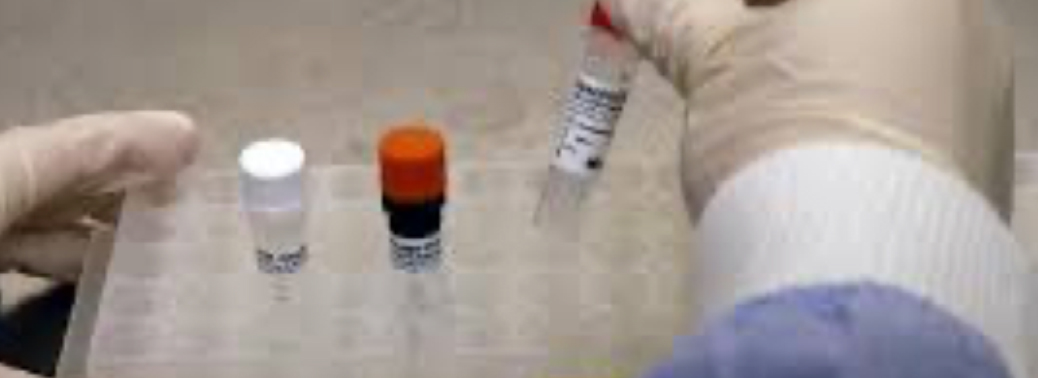INDIAN COUNCIL OF AGRICULTURAL RESEARCH RELEASES TWO DIAGNOSTIC KITS
16, Oct 2019

Prelims level : Science & Technology- Medicine and Pharmaceuticals
Mains level : GS-III- Science and Technology- developments and their applications and effects in Everyday Life; Achievements of Indians in Science & Technology; indigenization of Technology and Developing New Technology.
Why in News?
- Two diagnostic kits developed by Indian Council of Agricultural Research (ICAR) – Indian Veterinary Research Institute (IVRI) under the ‘Make in India’ initiative has been recently launched.
What are the New Diagnostic Kits?
1.The Bluetongue sandwich ELISA (sELISA)
2.The Japanese Encephalitis lgM ELISA kit for the control of Swine and Detection of Antigen
1.About Japanese Encephalitis (JE) ELISA Kit (IgM) for Swine:
- JE is a re-emerging viral zoonotic disease leading to death of large number of children every year in the country. The kit developed by the ICAR-Indian Veterinary Research Institute will be helpful for assessing the active infection of JE virus in the swine population which predicts the outbreak of JE in the humans.
- As compared to the commercial kit available in the market at a price of Rs. 52,000; the ICAR-IVRI developed is available for the farmers at a minimal price of Rs. 5,000 only. Each kit is meant for testing around 45 samples.
What is AES?
- Acute encephalitis syndrome (AES) is a serious public health problem in India.
- It is characterized as acute-onset of fever and a change in mental status (mental confusion, disorientation, delirium, or coma) and/or new-onset of seizures in a person of any age at any time of the year.Viruses are the main causative agents in AES cases, although other sources such as bacteria, fungus, parasites, spirochetes, chemicals, toxins and non-infectious agents have also been reported over the past few decades.
2.About Bluetongue: Sandwich ELISA for detection of Antigen
- Bluetongue (BT) virus is an insect-transmitted viral disease of domestic and wild ruminants that includes the camelid species.
- The disease is widespread among the sheep, goats, cattle, buffaloes and camels in the country.
- With the help of the Kit, the Bluetongue Virus can be controlled with the vaccination of susceptible animals, vector control and quarantine of infected animals with the good management practices.
- Apart from the vaccination, the early diagnosis and isolation of the infected animals are one of the commonly suggested preventive methods for controlling the spreading of the disease.
Benefits of the Kits:
- This indigenous technology will not just help save foreign exchange as the newly developed kits cost ten times lesser than the imported ones but also has the potential to earn foreign exchange.
- These two Kits will definitely be beneficial for not only the farming community, but the society as a whole. Based on the casualties caused by the deadliest diseases in the societies every year, the Kits will prove to be a real helping hand.
About ICAR:
- Indian Council of Agricultural Research Indian Council of Agricultural Research (ICAR) is an autonomous organisation headquartered at New Delhi and works under the Department of Agricultural Research and Education (DARE), Ministry of Agriculture and Farmers Welfare.
- Indian Council of Agricultural Research is the apex body in India for coordinating, guiding and managing research and education in agriculture including horticulture, fisheries and animal sciences in the entire country.
- Earlier known as Imperial Council of Agricultural Research, it was established on 16 July 1929 as a registered society under the Societies Registration Act, 1860 in pursuance of the report of the Royal Commission on Agriculture.







